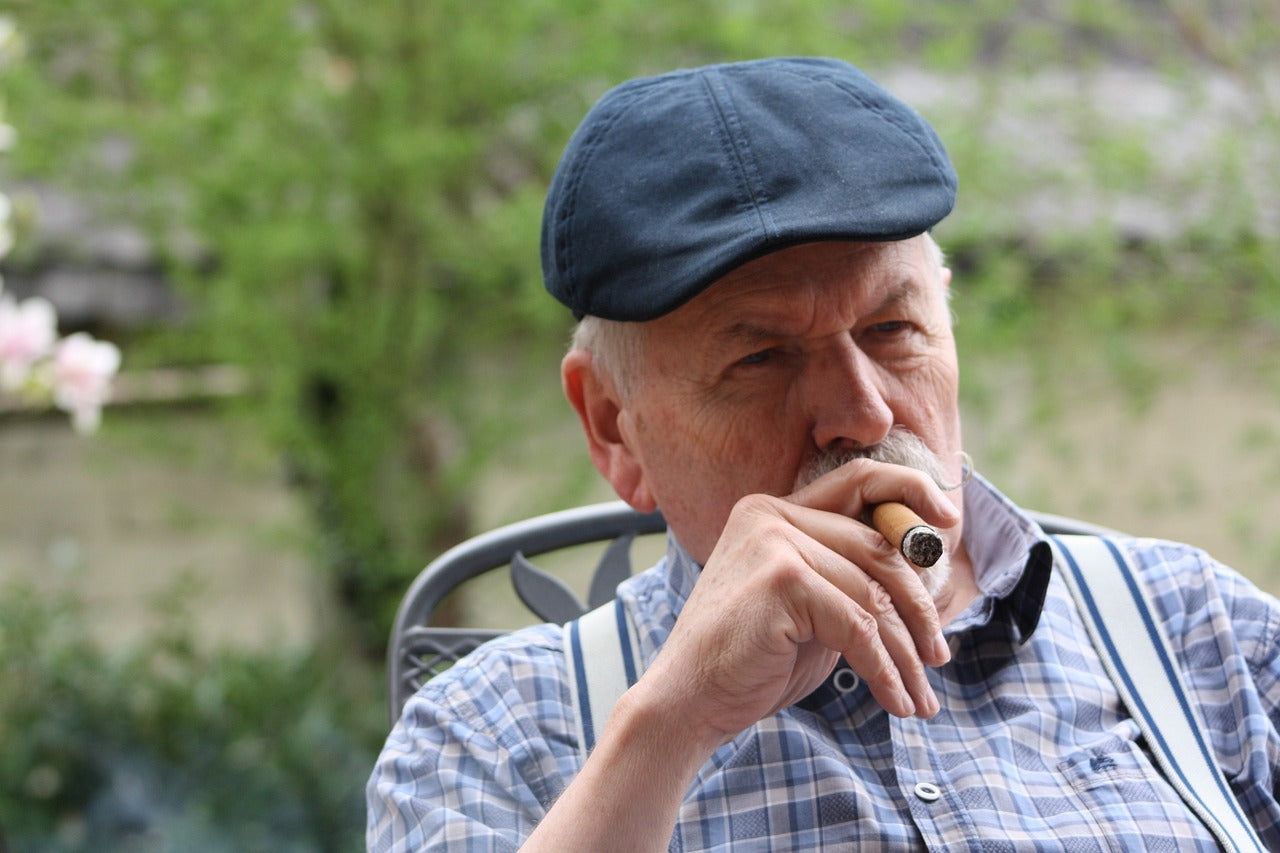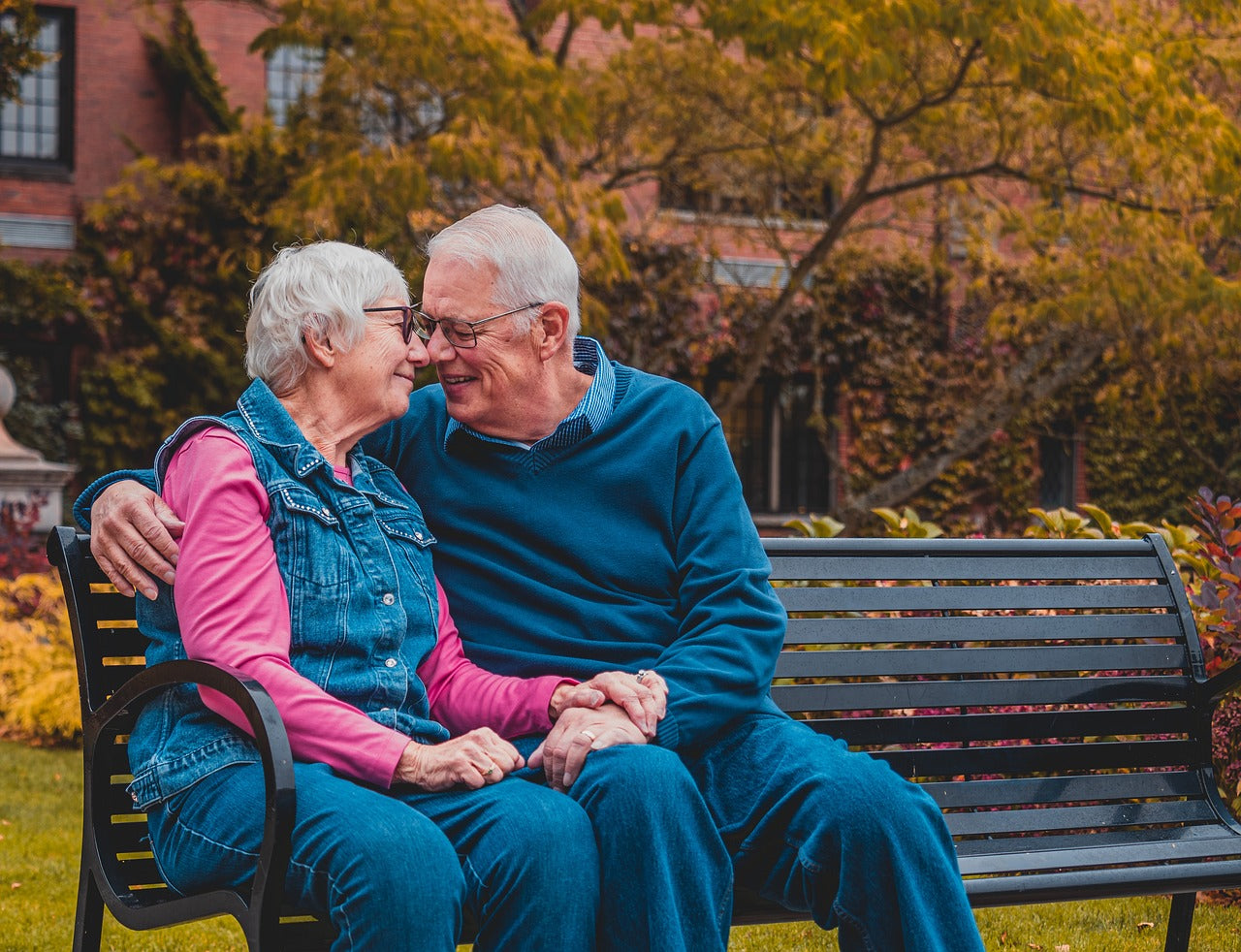You don’t always need pills to sleep better. Simple changes can make a big difference.
Start by creating a sleep-friendly space. Use blackout curtains, turn off night lights, and switch to warm lighting in the evening. This helps your body produce melatonin, the hormone that makes you sleepy.
Next, put away your phone before bed. The blue light from screens tricks your brain into thinking it’s still daytime, making it harder to fall asleep.
Move more during the day. A brisk walk, light stretching, or some yoga—just 30 minutes daily—can help you fall asleep faster and sleep more deeply.
At night, try some relaxation tricks. A warm bath, a bit of meditation, or even just deep breathing can quiet your mind and help you drift off.
Also, keep your bedroom cool. Around 68–72°F (20–22°C) is ideal for restful sleep.
And if you're using sleep aids, treat them as a short-term fix. The goal is to build healthy habits that help you sleep well for the long run.





